‘Constructing a body of hypertext over time—such as with blogs or wikis—with an emphasis on the strengths of linking (within and without the text) and rich formatting.’
‘Constructing a body of hypertext over time—such as with blogs or wikis—with an emphasis on the strengths of linking (within and without the text) and rich formatting.’
A superset of blogging and wiki creation, as well as movements like the
Indieweb and, to some degree, federated networks.
Does it include social networks like Twitter and Mastodon? Sure, depends on what
you’re doing. If that network is helping you build a body of hypertext, is keeping you
sufficiently ‘linked’ and gives you enough of an ability to format the text,
then ‘super’—you are hypertexting in your way.
Although:
Ton
Zijlstra:
At some point social software morphed into social media, and its original
potential and value as informal learning tools was lost in my eyes.
I hope it goes without saying
that Twitter is a limited form of hypertexting. It underutilizes the
tech—that’s its whole point, right?
You can compartmentalize your various writings, though.
Jennifer Hill:
And you’re probably all sitting there and you’re like, “This girl wants me
to delete Facebook, Instagram, Twitter… I got a following! I got a brand!”
No, that’s not what I’m saying. You have two selves. You have a career self,
who—I’m pretty sure all of us have to use Facebook, Instagram and Twitter
for work or Medium or whatever other platform in the world you want to
use—and then you have your personal self that knows the things that they’re
doing. And what I’m speaking to right know is your personal self. You know,
I understand you gotta make money, gotta make that dime…
But the point of the term is not to disqualify a certain technology or to try to
channel disgust or disdain into something new—that’s exactly why the term is
envisioned as a superset. I am extracting this term from what I am seeing
develop on the Web.
On Supersets
A superset is the inversion of a subset. So, rather than dividing a topic into
further subtopics—we combine related topics into a new ‘super’ topic. By
redrawing the lines of the topic, it is possible to discover new subsets within
the superset or to work with folks across the topic as a whole.
In this case, the superset seems superuseful since the division lines between
the hypertext niches are almost entirely structural. (This isn’t entirely true:
some structures imply, for example, centralization. A
feed of interleaved user ‘stuff’ is done most simply by a single network housing
that data—at least at first.)
I’m not even sure the subsets actually exist. It is already all hypertext that
conforms to a variety of possible structures:
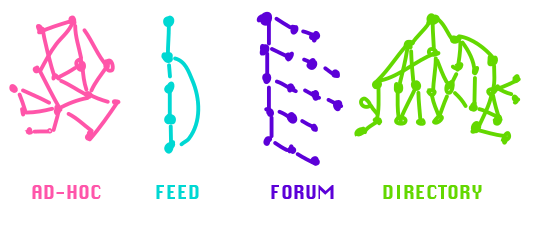
The blog (feed) and the wiki (ad-hoc) might not actually be different—despite that we think of
wikis as being multi-writer (the original wikis anyone could edit, without
respect to any record of permanent trolling demerits) and using a simplified
markup that made linking fluid while writing—a blog can do what a wiki can do
and vice versa.
By decoupling the hypertext from the implied structure of a wiki or blog, I can
now look at these structures as mere arrangements of my hypertextual body.
Advanced Hypertexting
I think it’s worth repeating the criteria of ‘hypertexting’ so that it can be
either corrected or remain crystal clear.
- A ‘body’ of hypertext is being created. Not just a single post or link.
- Linking is used both within and without the ‘body’. No comment on how
this can be done ‘right’ or ‘wrong’. At the very least, though, this allows
the body to be anything but merely linear.
- The formatting of the text is enhanced by inline imagery, charts, emoji,
bullets, colors, aesthetics that allow the one hypertexting to communicate
in addition to the letters themselves. (The standardization of HTML between
us seems like a unique human collaboration that we should take advantage of.
To some, this is all a distraction; to others, it is vital.)
There is nothing new at all here—in fact, it’s all becoming very old—but the
superset distinction allow us to draw attention to the ‘body’ rather than the
blog ‘post’ or the wiki ‘page’ and to ask: ‘what are we creating here?’ The
body itself is a superset—and ‘hypertexting’ calls into focus what the work
as a whole can be from a higher vantage point.
These three attributes imply an effort that goes beyond writing alone. The first
creates a body whose length is practically infinite—no reader will likely
consume it all. The second indicates that much research (both external and
self-research) is required. And the third gives a sense of bottomless innovation
to the publishing interface—in fact, as long as the body is able to remain
intact, it can be published by anyone exactly as it is intended, as long as the
browser remains compatible, which it has done remarkably well so far.
In addition, this gives us the impetus to preserve the browser’s life and
compatibility, such that these bodies are kept alive.
Creating a body this large demands the ability to shape the structure. This is
the problem: how do I begin to approach your giant monolith of hypertext beyond
just reading your two or three latest posts?
What I would like to highlight is the ability of the author to use the ‘body’, its
linking and formatting, to shape the structure. To infoshape.
Link directories are clearly a part of this superset. Delicious and Pinboard
themselves act as hypertexting swarms that work to connect the bodies. Maybe these
connections fill holes in the body—maybe they act as introductions between
bodies. They are a way to shape the info and annotate it slightly.
h0p3:
I’m actually annoyed when people call my wiki a blog, since it is obviously
not that to me. Of course, the fool in me starts wondering what exactly on the
web doesn’t count as hypertexting? What doesn’t have a single entry point?
The home page is definitely the curated entry point. But it’s not just that entry
point that’s important—the points that go deeper from there are important.
h0p3’s home page was initially the most important thing to me. But now it’s the
‘recent changes’ page and the bookmarks I have that indicate where I intend to
next explore further. Sometimes he is a blog, sometimes he is a wiki. Sorry,
man!
So, (tentatively,) let’s look at three aspects of your hypertext:
- Permanent writings: thoughts that build over time into pages that act as
storehouses or progressive essays—this page is that way for me.
- Emphemeral links, notes, partial thoughts: materials that either inform the
permanent stuff or just act as simple interactions with others, participation in the
present.
- Directory and search: ways of navigating the above.
To bring this into practice, here are a few interesting ways I’ve seen this
play out:
Zylstra.org: This blog builds on itself day to day.
In a way, posts become redundant because Ton is very careful to rewrite the same
idea in different ways—to be sure it’s understood. I have read articles from
2008 that are only subtly different from others in 2018. But this makes
sense—his message hasn’t been received yet. On top of this, he has a small
directory for reading through his
writings. I found this perfectly useful. You can do this kind of thing by hand,
if you need to.
h0p3: I guarantee you’ve never seen a wiki used
this way—as a backup for physical letters, as a way of messaging people, of
writing drafts in public, of keeping detailed link logs, chat logs—it’s all in
there. Links are used liberally throughout everything, so that you can track
h0p3’s growing nomenclature.
More than half of hypertexting is the reading behind it—because if you are
hypertexting in isolation, then you are missing out on a world of links.
Ton:
I treat blogging as thinking out loud and extending/building on others
blogposts as conversation. Conversations that are distributed over multiple
websites and over time, distributed conversations.
Discovering New Ways
What you might think of as ‘advanced hypertexting’ simply allows the shaping of the
hypertext. Could we go beyond that?
- What pieces are the hypertext broken up into?
- How does one interchange or embed or inter-relate these texts?
- Can these pieces be composed into—not just texts—but shapes for the text?
To me, this is a great advantage of the superset. If the platform could see
itself less as being a blog or a wiki or a directory, but as a collection of
hypertexts that can be shaped, perhaps by hypertexts themselves. (Wikis—and
TiddlyWiki in particular—have long had this abililty to make a page that
displays the other pages as a blog. And some wikis allow you to include pages in
other pages.)
The advanced hypertexting doesn’t end with the wiki—it’s just one way. I
think Tumblr was initially on to something—aesthetic and piece layout are
important here. Now add the ‘advanced’ hypertexting and what do you have?
TODO
(This is an unfinished steno—it could use a survey of the hypertexting field
here. And it will be interesting to see where things go over the next six
months. I will have to revisit this after I learn more.)
(I think the other missing discussion is how ‘ephemeral’ fragments fit into
this. See also: Blogging.)







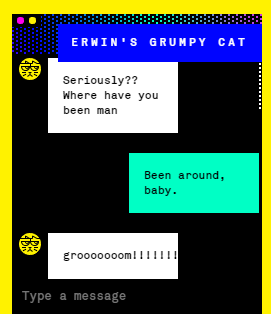
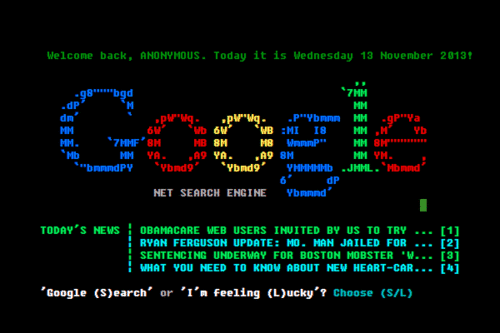
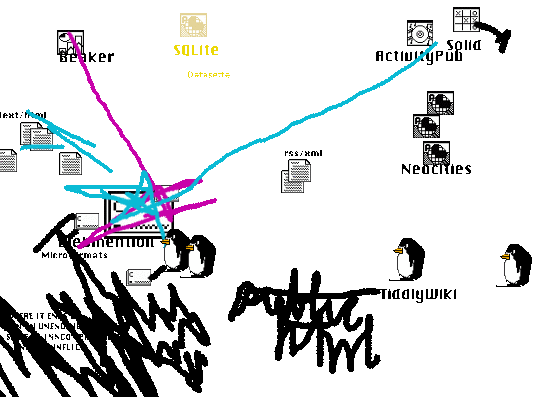




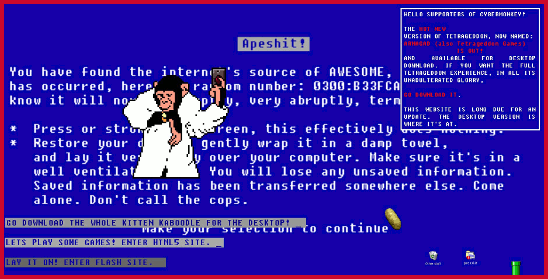

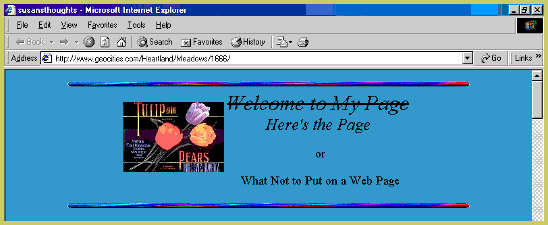
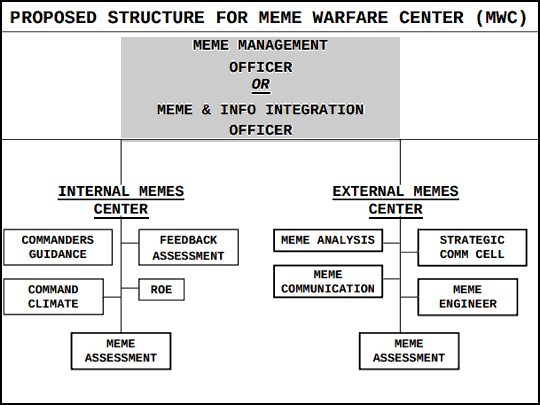

 Well—and you say on the website that you
like to give the visitors their space to peruse and not be badgered or guided
through. (Have I got that right?) Does it matter to you what the effect of the
museum would be on somebody?
Well—and you say on the website that you
like to give the visitors their space to peruse and not be badgered or guided
through. (Have I got that right?) Does it matter to you what the effect of the
museum would be on somebody?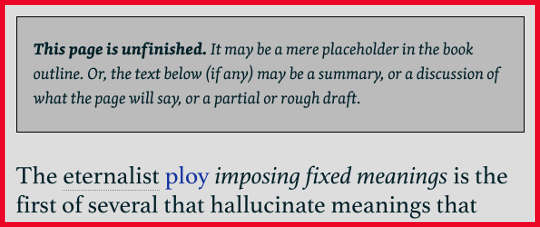

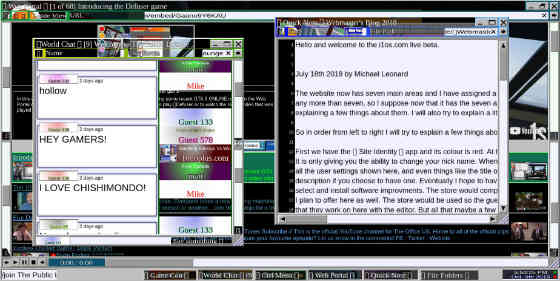
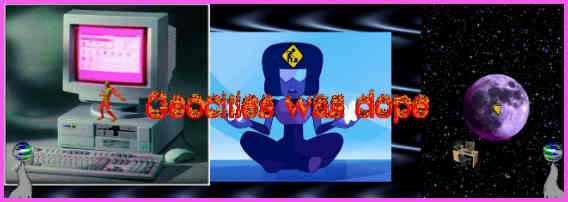
 Hearing this has made me ramp up my work on mine as well. Looking
forward to linking to each other when we get there.
Hearing this has made me ramp up my work on mine as well. Looking
forward to linking to each other when we get there.


Reply:
His Wordpress blog gets Webmentions.
This is mostly a test comment. Mostly just saying hello!
But I also need to watch some of these films. I put off watching Beat Takeshi, instead going for the films of Katsuhito Ishii and stuff like Happiness of the Katakuris and Survive Style 5+. Need to at least watch this one, though.